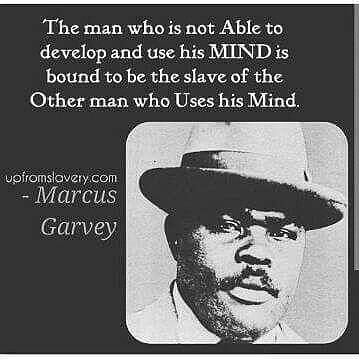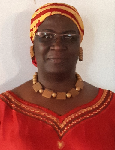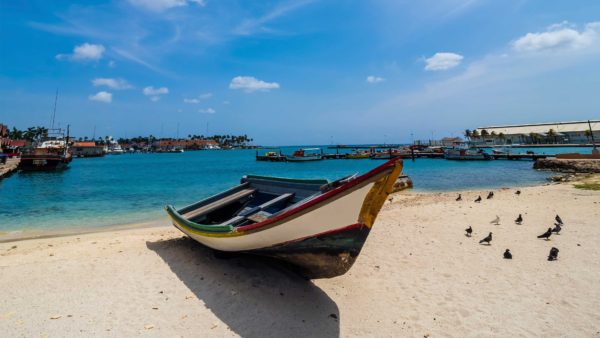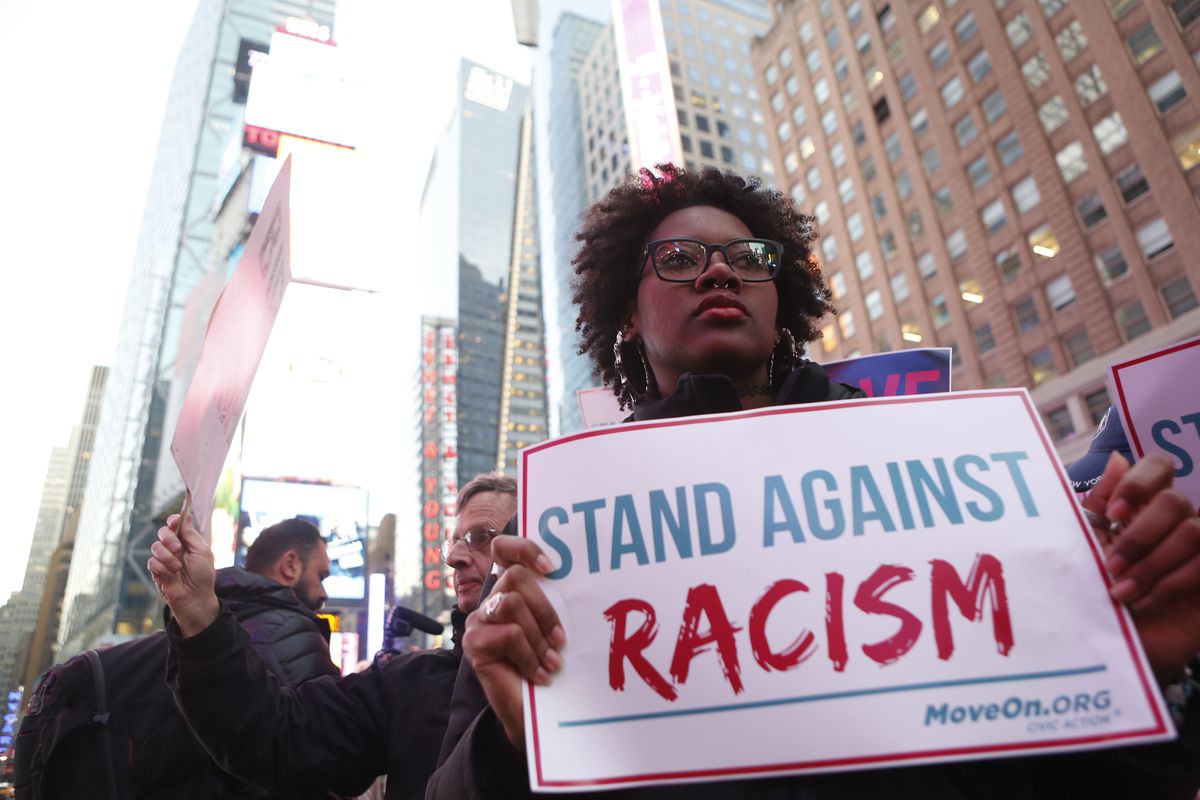This is not a time of waiting or reflection. It is a time that calls for thoughtful action. We are witnessing events that we never anticipated, especially in the intensity and worldwide reach. Racism, reparation are not new concepts. They are well known due to the smallness of the world.
It takes one swift move and everyone is touched by heartfelt, extreme behaviours, all brought about in reaction to one event in one location in one corner of a city in a country, in the world. A behaviour enacted again and again in all corners of the world as the decades of pent up repression and deep down emotions spill over into reality.
We all now know the names of Breanna and Floyd, Jacob Blake and too many unnamed women.
And so I am moved to write this action piece in my blog. The action comes clearer as we read on.
Racism and Reparation
Urban Intellectuals asks “How did Marcus Garvey Mobilize Millions of Black People With No Internet?
Marcus Garvey, the great Black philosopher celebrated his 133rd birthday a few days ago. That means he was born not too long after the abolition of slavery. The horrors of the past would still be in the minds of his grandparents and even parents. Garvey was unique as he amassed a following of over 4 million followers in the world. as he taught, “we must remedy our own situations and not wait for the help of others.” His remedy included reparation. That is Garvey’s ideology. To understand his point of view a quick look at his life is useful.
Marcus Mosiah Garvey

As a youngster, after travelling to Central America to observe the lives of migrant workers in the plantations , Garvey visited London to attend the then Birkbeck College (University of London). His work to build a sense of Black Nationalism speaks to developing a pride in one’s identity, knowledge of our history and social and economic independence. This work revolved around the peoples of South and Central America, Jamaica West Indies, Africa, the U.S.A. and Canada. Knowledge of our history leads to wanting to go to Africa and see for oneself.
Urban Intellectuals feel that
“maybe, I’m being a bit too idealistic, but this could be the beginning of a rebirth of Black creativity that we haven’t seen since the Harlem Renaissance, which by the way, Garvey played an important, but historically unacknowledged role”.
The action
Perhaps we begin with talk, loud, publicised talk encouraging all to take part as creatively and positively as possible. But that will call for leaders. Where are the leaders? They seem to be dying rather than developing and sharing their ideas! “We need to think about long term solutions of education, self-help, entrepreneurship, community, and respect for the community and traditions. Anything else would be a betrayal of the lives that have been lost in the struggle for human rights”. (Urban Intellectuals).
If you speak to many elders they will tell us their memories and the stifling effects of the horrors of the slave trade which remain buried in the psyche of people black and white. Some tell us to trust in God and his infinite wisdom, as that is better than trusting in what we can think up or understand with our limited capacity. As a consequence the action still emphasises using the diverse cultures and ways of expression (Peter Tosh, Bob Marley, James Madison Angela Davis) until we find a common ground, building on the tenets of Garveyism.
OUR Action Today
Action as I said calls for leaders. Leaders who understand that racism and reparation go hand in hand. One is the feeling that is aroused from the discriminatory action while the other is the consequent action. These leaders usually come from social and political activists, political aspirants, people who feel so deeply they never knew they could do anything like what they are about to do, and social workers. These last groups have been telling everyone this day in 2020 is coming. Not doom and gloom but reality.
You know the monied socialites like to say “can’t they (the social workers) do something about what is happening”. It’s not surprising therefore that a social worker has found it necessary to speak out at a time like this.

Her motivation (Clementia Eugenie) for reflection on what was happening stems from her privileged position of lecturer in the Department of Social Work and Development at the University of Aruba and a PhD Candidate at the Institute for Graduate Studies and Research, Anton de Kom University of Suriname and the University of Aruba.
Aruba an island, a place, a people, Courtesy of Vacations by Aruba

As she puts it “All too often, I reflect on how I have to be constantly negotiating my diversity in my workplace, all because when I look across the room, I see no one looking like me. “You are loud and too aggressive” I was often told. On one occasion I was told, “how do you think, you can come from St. Lucia and be the Head of the Department of Social Work and Development in Aruba and you do not know the context”.
“This hurt me in my core as I knew it was because I was black. So convinced I was of this, on one occasion I deliberately went to work with a wig and bright red lipstick with a signpost which read ‘Hope you like this version of me”.
“After many years of such experiences, and feeling alienated in the workplace, I decided to consciously immerse myself into mindfulness meditation with the intention to learn to be still and learn to regulate my emotions. I remember for approximately two to three years, attending meetings and saying nothing. It felt as if knees were on my neck. I felt choked and could not breathe. It felt as if I would only breathe and speak when I am directly asked a question.
Somehow, when I watched the video of George Floyd’s murder and how the police officer had his knee on his neck, it was me. I was there too. I had been there. I immediately had flashbacks of the many times I could not breathe.
As I reflected on what the Black Lives Matter meant for me professionally as a social worker and educator, I decided to write”.
Blackness 2020..Reflectiong on the role of Social Work
Developmental Social Work and Black Lives Matter Reflection (written after 8th June 2020 Open Conversation in solidarity with the Black Lives Matter Movement consequent to the death of George Floyd at the hands of white police officer(s) in the USA, organised by Nicole Godett one of our alumnae in collaboration with many others).
“It is with obligation that I continue to scribe my reflections and perspectives in solidarity with the ‘Black Lives Matter Global Movement’.”
“Why me? First, because I am black, secondly, by virtue of my numerous experiences of prejudice and racism, and thirdly, because I am a Social Worker, an Educator and inherent in my DNA is the recognition that I must continue to be an advocate for the alleviation of social ills. Additionally, my own survival is contingent on my ability to embrace my black identity with pride and courage while using it as a pillar of change.”
The definition and principles of social work include:
- Recognition of the Inherent Dignity of Humanity
- Promoting Human Rights
- Promoting Social Justice: (a)Challenging Discrimination and Institutional Oppression, (b) respect for diversity, (c) access to equitable resources, (d) challenging unjust policies and practices and (e) building solidarity)
- Promoting the Right to Self-determination
- Promoting the Right to Participation
- Respect for Confidentiality and Privacy
- Treating People as Whole Persons
- Ethical use of Technology and Social Media
- Professional Integrity
“There is no denying that racism is akin to the abovementioned principles, as it is a human rights violation; a social justice issue; it devalues the inherent dignity, worth and humanity of the person; it is discriminatory; it is oppressive; it does not respect nor celebrate diversity and it perpetuates inequality and inequity”.
“The protests that have reached epic proportions are symbolic of the collective grief of black people throughout the diaspora because of our shared geo-political, socio-economic historical and present day experiences of systemic and institutionalized racism. The protest that has been punctuated with overwhelming support from non-blacks, gives me the fervent hope that our world would never be the same again – because everyone is beginning to get it that all has not been well with people of colour and that the playing field is skewed.
I express my deepest gratitude to my brothers and sisters, aunts and uncles who do not look like me for their outpouring of love and support during this time of universal grief and mourning of over 400 years of trauma and oppression of black people. As we usher into a world with a population that may never be the same again, we must reflect on the implications of the Black Lives Matter Universal Movement for developmental social work”.
The Future
And so I ask, will the calls for reparation bring any more than promises of pounds and dollars that end up in Foundations and celebrated banking systems
Clementia, in her reflection asks:
“How are we going to show up for duty?”
To her, now more than ever before social workers need to be authentic and recommit themselves to the ethics of the profession and take the quantum leap to include as an ethical principle ‘antiracist’. As she puts it, “I choose to show up everywhere and every time with love, kindness, empathy, compassion, integrity, forgiveness, and listen mindfully first with my heart and then with the rhythms of my mind to support our black people and all other vulnerable individuals and groups of all ages to breathe and rise up to the full potential of their human development. I elect to show up with the anthem ‘Black Lives Matter’ sealed on my heart and embossed on my mind”.
How will you show up? But in a Canada where racial disparities, anti-Black racism and systemic discrimination are so entrenched, what does it mean to be Black in Canada today? What is the Black Canadian experience? We are just starting to embark on the first national research initiative on Blackness in Canada. The reality is frightening but will we get there? Are we so touched by racism that we might consider identifying with our homeland in an act of reparation. I do not think so.
As Saul Williams@SaulWilliams· put it, Lost for words.
I think Canada is like all over the world. Trying to find a way to right the wrongs that are now so blatantly manifest. But as Garvey teaches we have to talk together opening ourselves to criticism and facing the dark realities of racism and unwillingness to attempt reparation. We need to say with meaning that ‘black’ is a new reality.


Pingback: Black History Month 2021:Any Difference? Part Two